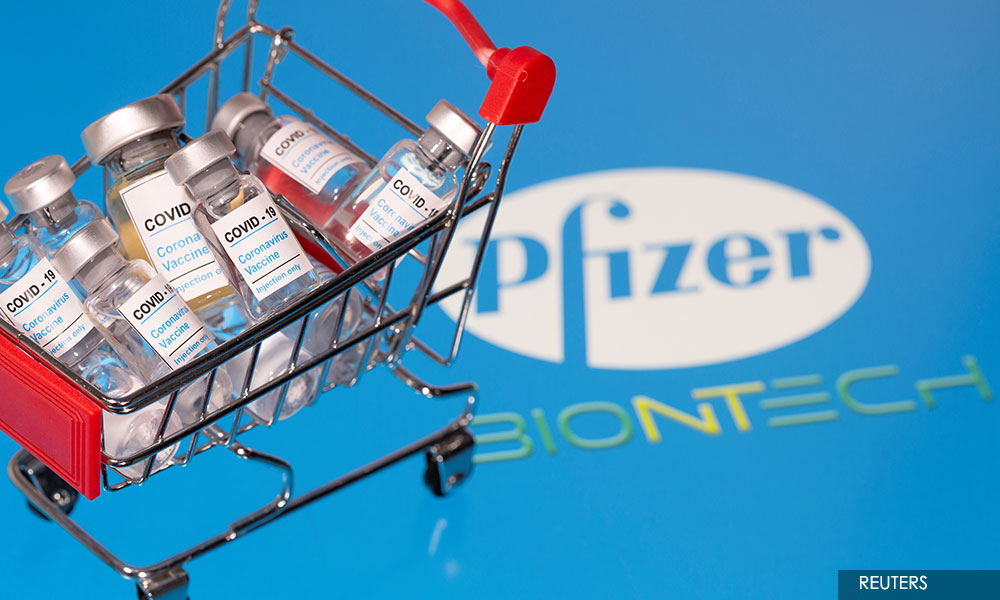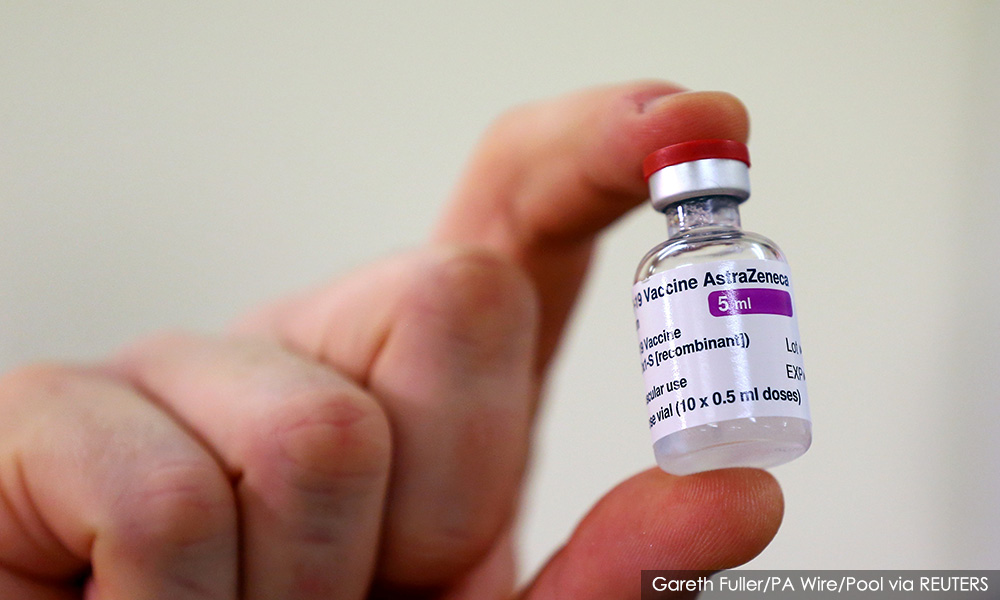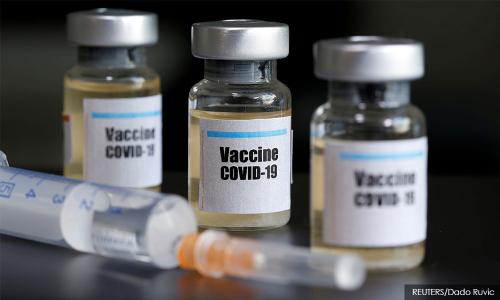A guide to when Malaysians can get vaccinated for Covid-19
KINIGUIDE | The first batch of Covid-19 vaccines will arrive in late February but when can you get vaccinated?
Before we delve into the vaccination plan, you should note that this first batch of vaccine is from Pfizer and BioNTech which has shown high efficacy of 95 percent.
The vaccines from Pfizer and BioNTech are enough to cover 12.5 million Malaysians (two doses each) or 39 percent of the population.
Whether the vaccination plan can proceed smoothly will depend on whether Malaysia can finalise deals with other vaccine makers, including UK’s AstraZeneca-Oxford and China’s Sinovac, although both have their challenges.
For our guide on the vaccines we’re betting on, read here. Let’s get started.
When can I get vaccinated?
That depends on which category you fall in. Here’s the short answer:
March: Frontline personnel
May: Elderly and sick
August: Everyone else aged above 18
What’s the long answer?
There are three phases. The first phase will involve 500,000 medical and non-medical frontline personnel.
It will include medical staff working at all government and government-linked hospitals. Selected private hospitals fighting Covid-19 may also be included.
It will start in March and should wrap up by May.
Phase 2 will involve people aged 60 and above. Those suffering morbidities often seen in Covid-19 deaths will also be included.
These include illnesses such as cancer, obesity, diabetes, high blood pressure, respiratory diseases and heart diseases.
The disabled community will also be included in this phase.
This phase will run from May to July and involve 6.5 million people.

The success of this phase will depend heavily on the government’s ability to secure vaccines from other suppliers as it won’t be relying on Pfizer and BioNTech’s alone.
Phase 3 starts in August and will run until the end of the year. It will involve another 16 million Malaysians aged 18 and above.
Likewise, success is also dependent on acquiring more vaccines from other brands.
There is also a “special phase” that will be an ongoing effort where the Health Ministry can deploy the vaccines in a targeted manner at any time if it deems necessary to control a developing outbreak.
This means that apart from the traditional trace, test and quarantine strategy, the government will also include vaccines to control Covid-19 outbreaks.
Isn’t that only 23 million out of 32 million Malaysians?
The government believes that with more than 70 percent of the population vaccinated, it is enough to achieve herd immunity.
This means that with a large number of people vaccinated, the virus will have much fewer hosts to infect, thereby minimising the risk of further spread.
How do I sign up?
When the vaccination rolls out, the government plans to leverage the MySejahtera app which, at present, is being used for contact tracing and self-assessment.
The system will be updated to allow eligible Malaysians to opt-in, self-assess (allergies, etc) and set an appointment for vaccination.
Once vaccinated, they will be issued a vaccination card and also reminded of their second dose via the app.
Where can I get vaccinated?
More than 600 centres nationwide will be administering the vaccination.
Locations that will be used include public and private medical facilities, public places, offices and universities.
Details will be announced in due time.
What else to look out for?
The importance of additional vaccines apart from the current Pfizer-BioNTech supply must be emphasised.
For one, this particular vaccine requires ultra-cold storage which makes it unsuitable for deployment in faraway rural areas.
To ensure equitable vaccination, the government must also rely on other vaccine brands that are not as logistically challenging as the Pfizer-BioNTech.
The government’s plan also factors in the fact that when Phase 2 starts, there will be an additional supply of vaccines from other brands.
If the order is behind schedule, it will delay the immunisation plan although the Health Ministry should still be able to scrape through Phase 2 with the Pfizer-BioNTech vaccines.
But that brand alone won’t be enough for Phase 3.

Challenges are to be expected. For example, Malaysia signed a deal to acquire 12.8 million doses of AstraZeneca-Oxford's vaccine.
However, it is facing production issues and the European Union, which is betting big on the vaccine, is now threatening to block exports if the firm fails to deliver enough for the bloc.
China’s Sinovac also has issues with its vaccine, with its efficacy unclear due to a huge variation of between 50.4 percent and 91.25 percent in different trials.
Malaysia is considering 14 million doses from Sinovac but the government had said this depends on whether they meet the set standards.
This instalment of KiniGuide was compiled by NIGEL AW.
RM12.50 / month
- Unlimited access to award-winning journalism
- Comment and share your opinions on all our articles
- Gift interesting stories to your friends
- Tax deductable
